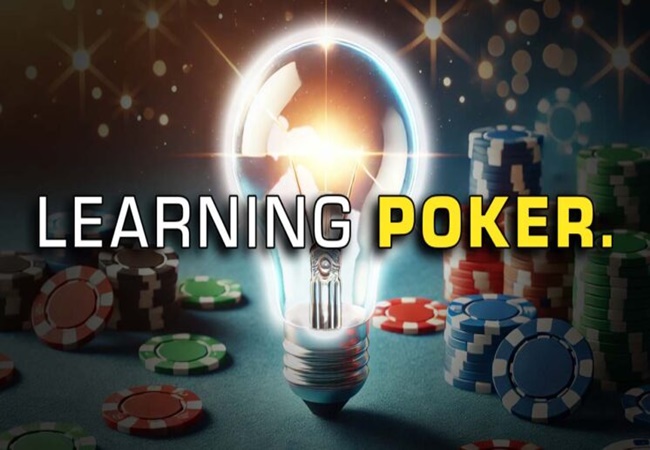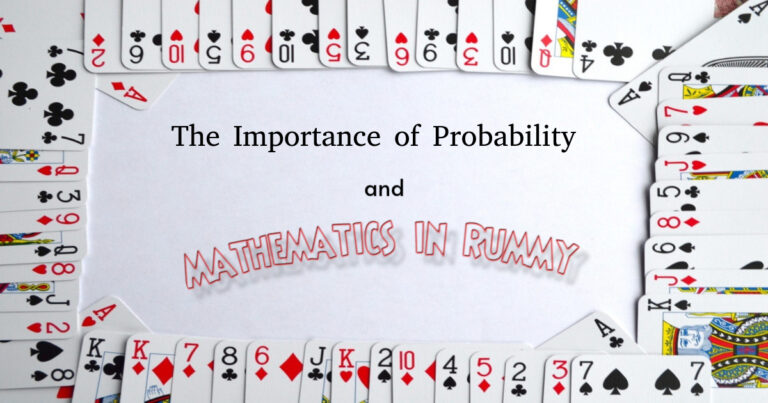2026 Poker Career Guide: All In or Fold
If you enjoy Teen Patti, Rummy, or online casino games, you may have already wondered if a Poker Career is possible for you in 2026. Many players across India are asking the same question: Should I go all in or should I fold the idea?
At Teen Patti Stars, you are guided honestly. This guide is written to help you understand what a Poker Career really looks like, how it connects with skill-based Indian card games, and whether it fits your goals, time, and mindset.
Poker is not just luck. A Poker Career is built slowly, just like success in Teen Patti or Rummy. If you are serious, this guide is for you.
What Is a Poker Career in 2026?
A Poker Career means earning money regularly by playing poker, teaching poker, or promoting poker platforms. In 2026, this career path is more open in India than ever before.
Online platforms, mobile apps, and legal skill-based gaming growth have made poker accessible from your phone. A Poker Career is no longer limited to casinos or foreign countries.
You can now:
- Play online poker tournaments
- Earn from cash games
- Build income through referrals
- Create content or blogs
- Join affiliate programs
At Teen Patti Stars, poker is seen as part of a larger skill-gaming journey that also includes Teen Patti and Rummy.

Is a Poker Career Legal in India?
In India, poker is considered a skill-based game in many states. However, laws vary by state. This is why trusted platforms are important.
At Teen Patti Stars, responsible gaming is promoted. You are encouraged to play only where skill-based games are allowed in your region.
Poker is treated similarly to:
- Teen Patti (skill-based formats)
- Rummy (recognized as a skill game by Indian courts)
Always check local rules before investing time or money.
Why Poker Players Come From Teen Patti and Rummy
Many successful poker players in India started with Teen Patti or Rummy. This happens because core skills are already developed.
You already understand:
- Card ranking
- Bluffing
- Reading opponents
- Managing losses
- Timing your moves
These skills are transferable. A Poker Career often grows naturally from Indian card games.
You can explore skill-based games on Teen Patti Stars here:
👉 Games
How Teen Patti Stars Supports Your Poker Career
At Teen Patti Stars, you are not just playing games. You are learning, earning, and growing step by step.
You are supported through:
- Secure gaming systems
- Trusted payouts
- Skill-based gameplay
- Learning resources
- Referral and agent income
Everything is designed for Indian players who want real progress, not false promises.
To know who we are, visit:
👉 About us
Skills You Must Build for a Poker Career
A Poker Career is not built in one night. These skills are required and must be practiced daily.
1. Patience
You will not win every day. Losses are part of growth.
2. Money Control
Your budget must be managed. Emotional bets must be avoided.
3. Observation
Other players’ habits must be noticed carefully.
4. Discipline
Rules must be followed. Breaks must be taken.
These same skills are used when you play Teen Patti or Rummy on real-cash platforms.
Can Poker Be a Full-Time Career?
Yes, but only for a few players.
For most people in India, a Poker Career starts as:
- A side income
- A weekend activity
- A learning phase
You are advised to never quit your main job early. Poker income should become stable first.
At Teen Patti Stars, balance is always encouraged.
Different Ways to Earn From a Poker Career
A Poker Career does not depend only on winning tables.
1. Playing Cash Games
Regular income can be earned with discipline.
2. Tournaments
Big wins are possible but less frequent.
3. Affiliate Income
You can earn even when you are not playing.
Check our earning option here:
👉 Affiliate Program
4. Agent Network
You can build a team and earn commissions.
Learn more here:
👉 Big Agent Plan
Why Most Poker Careers Fail
This truth must be shared honestly.
Most Poker Careers fail because:
- Expectations are too high
- Losses are not accepted
- Rules are ignored
- Gambling mindset is followed
Poker must be treated as a skill journey, not fast money.
Teen Patti Stars always promotes responsible play.
Poker Career vs Teen Patti and Rummy Earnings
You may ask which is better.
The answer depends on you.
| Game | Skill | Risk | Speed |
| Teen Patti | Medium | Medium | Fast |
| Rummy | High | Low | Medium |
| Poker | Very High | High | Slow |
Many players combine all three to balance risk and income.
For learning support, visit:
👉 Rummy FAQ’s
Building Trust and EEAT in Your Poker Career
Google EEAT stands for:
- Experience
- Expertise
- Authority
- Trust
Your Poker Career must follow the same path.
At Teen Patti Stars:
- Platforms are verified
- Payments are secured
- Data privacy is protected
- Transparent rules are followed
Real player success stories can be seen here:
👉 Teen Patti Wins
Poker Career Myths You Should Ignore
❌ Poker is easy money
❌ One big win changes life
❌ Luck is everything
❌ Anyone can go pro
These myths destroy careers.
Poker success is slow and earned.
Learning Poker the Right Way in 2026
You should:
- Start with free games
- Play low-stake tables
- Read strategy blogs
- Watch gameplay videos
- Track your results
Useful learning content is shared here:
👉 Blogs
Poker Career and Online Casino Platforms
Poker should be played only on trusted platforms.
Teen Patti Stars provides:
- Secure transactions
- Fast withdrawals
- Fair gameplay
- Indian player focus
Before joining any paid game, always check out details carefully:
👉 Check out
Teen Patti Game Brands and Poker Growth
Strong platforms matter.
Explore trusted names here:
👉 Teen Patti Game Brands
These platforms help build long-term confidence.
Should You Go All In or Fold?
You should go all in if:
- You enjoy learning
- You accept losses
- You manage money well
- You stay patient
You should fold if:
- You want fast money
- You hate losses
- You chase emotions
A Poker Career is not gambling. It is discipline.
Final Words From Teen Patti Stars
At Teen Patti Stars, you are guided honestly. A Poker Career in 2026 is possible, but only when played smartly.
You are encouraged to:
- Learn first
- Play responsibly
- Grow slowly
- Earn confidently
👉 Start your journey today with Teen Patti Stars:
Strong Call to Action
🎯 Ready to explore a smart Poker Career?
Join a trusted Indian platform today.
Play, learn, and earn responsibly with Teen Patti Stars.
👉 Visit now: https://teenpattistars.io/

FAQs – Poker Career
1. What is a Poker Career?
A Poker Career means earning regular income by playing or promoting poker professionally.
2. Is poker a good career in India?
Yes, if played as a skill-based game with discipline and legal awareness.
3. How much can a Poker Career earn?
Income varies. Most players earn slowly and steadily over time.
4. Can Teen Patti players switch to poker?
Yes. Skills from Teen Patti help greatly in poker.
5. Is poker better than rummy?
Both are skill-based. Poker requires more patience and control.
6. How long does it take to build a Poker Career?
Usually 1–3 years with consistent learning and practice.
7. Is online poker safe?
It is safe only on trusted platforms like Teen Patti Stars.
8. Can poker be played part-time?
Yes. Most successful players start part-time.
9. Do I need coaching for poker?
Not required, but learning resources help improve skills faster.
10. Should beginners invest big money?
No. Small stakes are always recommended.







